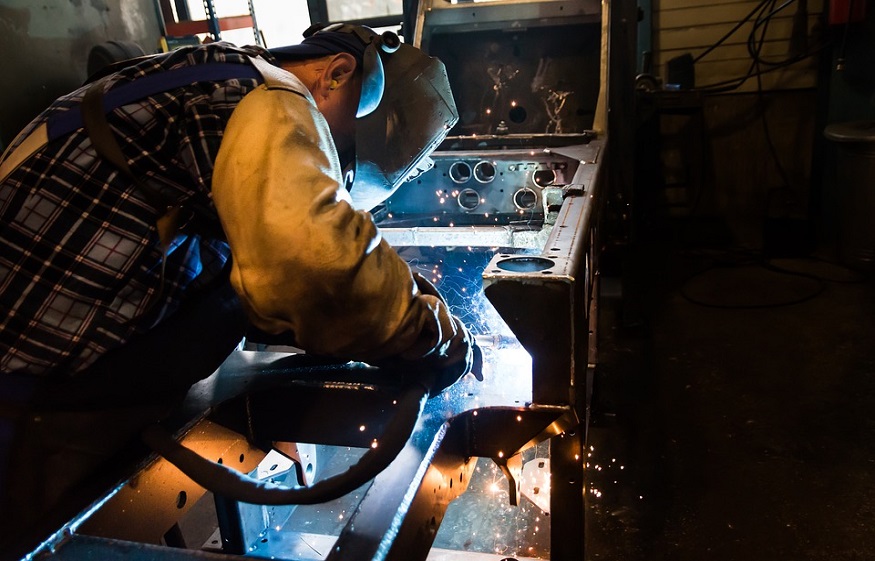Steel Pipes are one of the most popular steel products. They are used mainly for the transfer of fluids, from one part of the building to another, or from one location to another. Steel pipes are available in different grades and qualities, and depending on where they are used, specific ones are selected for the purpose. Steel pipes are used in residential buildings, commercial buildings, industries, Deformed rebars chemical and fuel plants, and so many other areas. In comparison to the other kinds of pipes, these are highly resistant to corrosion and oxidation, and are quite durable, thanks to the high quality steel that is used to make them.
Steel Pipe Vs. Steel Tube
A lot of people don’t really understand the difference between steel pipe and steel tube, and often confuse one with the other. Look wise, they are quite similar, however, their make and purpose are quite different. When it comes to steel pipes, they are used mainly for the flow of liquid. The density of steel is higher in steel pipes, and they are often stainless. Steel tubes on the other hand are not necessarily stainless, and their overall quality is quite inferior to that of steel pipes. The steel texture of steel pipes and steel tubes is also quite different. Two of the most well known applications of steel tubes are in steel railing design and steel furniture.
Steel Pipe Manufacturing Process
There are numerous steel pipe manufacturing processes, few of them quite efficient than the others. All of them involve the making of a cylindrical steel billet, which is later molded into steel pipes. The steel billet is manufactured by heating shards of steel or smaller steel billets, and molding them into the desired shapes and sizes. Iron billets can also be heated to make cylindrical steel billet, but once it reaches a certain temperature, elements like Carbon, Chromium, and so on are added to it. There is a common filtration process that both the steel mixtures go through. This is a crucial step as it ensures that there are no impurities in the end product. Such impurities cause the quality of the product to degrade in the long run.
Two of the most popular steel pipe manufacturing processes are Mandrel Mill Process and Mannesmann Plug Mill Process. In both the processes, the cylindrical steel billet is heated to a high temperature in a rotary hearth, and then pierced with a piercer. The billet is rotated further continuously to give it the desired width and thickness.
If you’re someone who needs to install pipes in their residence or commercial building, it would be the right thing to do to go for steel pipes. They don’t just last for a really long time, but also, in case of the flow of food grade fluids, they ensure clarity and purity. If you’re not quite sure which steel pipe brand or type to go for, you could contact a credible steel product manufacturer like Hama steel. Hama Steel doesn’t just offer you high quality products, but also, excellent consultation services regarding their products and steel in general.



